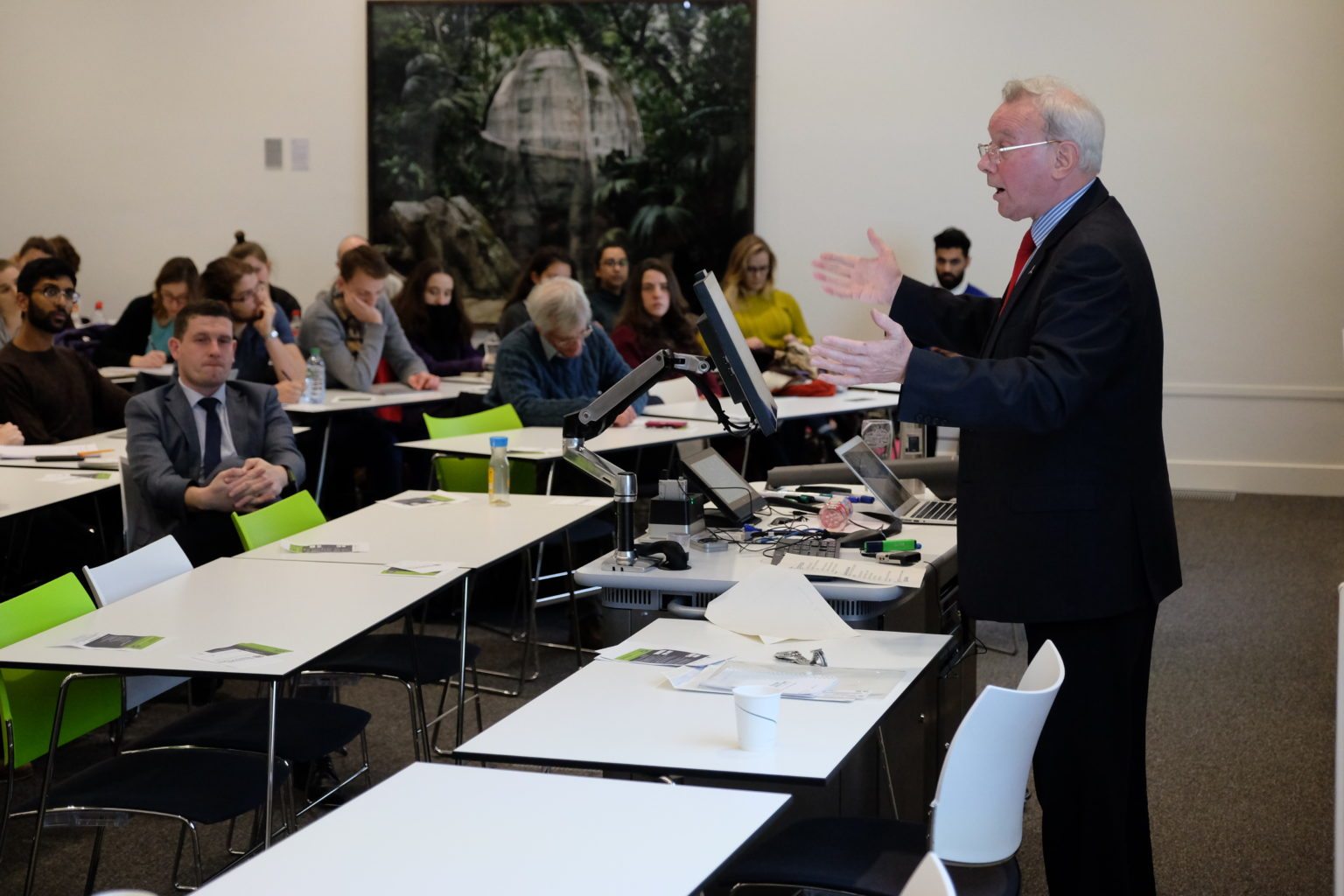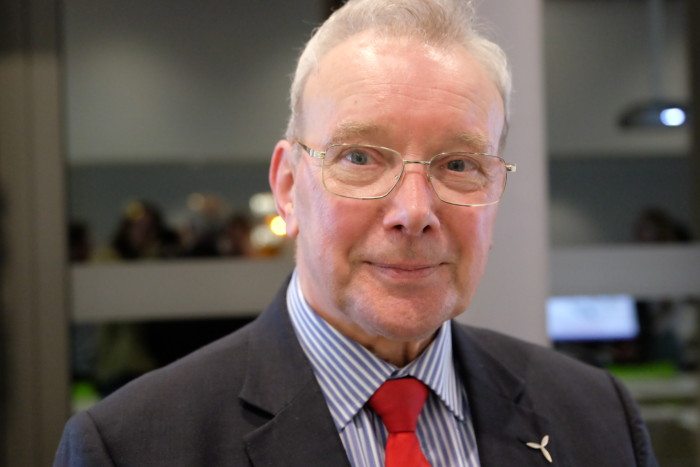Tony McNally: “You’ve got strength, but it’s realised when you work together”
“This is a knowledge factory, and in a factory you’ve got to produce a product. That product has to be graduates coming out of here who are aware of and understand the potential of the low carbon revolution, and who’re willing to make this a reality.”
The managing director of Coventry-based Climate Change Solutions LTD, talks to us about sustainability and the role Universities can play in securing the future
The Boar: Coventry is frequently recognised as one the UK’s greener cities, what is it doing to earn this reputation?
Tony McNally: “It’s great it’s been recognised, but in the last 4 or 5 years the government has been cutting support to renewable energy technologies and scrapped the Green Deal without replacing it, which would’ve helped Coventry by retrofitting many of its old buildings to be more efficient, so this has tended to slow the process down.”
TB: So Government cuts are severely impacting green efforts?
TM: “The financial incentives that go with renewables as a relatively new innovative technology have no doubt at all been the stimulus to invest, and so within a matter of few years we’ve gone from marginal numbers to a quarter of a million roofs in the UK having solar panels. If the govt. hadn’t pulled the plug on the feed in tariff, the momentum would’ve continued, and with it roughly 60,000 people employed in the installation process, so that has marked something of a slowing. The converse side of this is that the global price of solar is rapidly falling whilst the conversion efficiency rate is increasing and so estimates show we’re two years away from being competitive with main grid power forms.”
TB: What more technological advancements can we expect of solar energy?
TM: “It has to be said, some excellent research work is being done at this University’s engineering department. I believe they’re researching ‘spray-on solar’ which has less conversion efficiency but is potentially much cheaper. Even ‘Clingfilm solar’ is in the works. They’ve developed a solar tree, with leaves that are actually solar panels, which is massively conducive to urban development. So we’ve got the innovation, but it doesn’t stop there. There are even places that’re starting to lay solar floors and roads, we’re only scratching the surface.”
TB: What about your support for Coventry becoming a solar city?
TM: “The projection is Coventry could join a number of other cities that’re aspiring to become solar cities. We know that an average city of this size could generate roughly 25% of the energy it requires, so it’s quite feasible to see.”
TB: How important are universities in the fight against climate change? Do we have a duty to lead by example?
TM: “The potential is great. The university should see themselves as playing a major role in the transformation to a low carbon future. Now is a crucial stage for this University to become a leader in the low carbon agenda, in the economics of it, the technology of it, the management of it and above all the leadership of it. Working with Coventry City, Warwickshire and the West Midlands combined authority this is a knowledge factory, and in a factory you’ve got to produce a product. That product has to be graduates coming out of here who are aware of and understand the potential of the low carbon revolution, and who’re willing to make this a reality.”
TB: Should it be mandatory at governmental policy level for universities to include some aspects of sustainability on their curriculums across all faculty’s and teaching practices?
TM: “It definitely should be. This is the challenge for life on earth, and your generation, who are not primarily responsible for the state we’re in, are going to be the ones who suffer more than mine. I don’t think any department in any university can be self-respecting if they’re not addressing issues of sustainability.”
TB: How and why should universities foster strong relationships with green businesses and enterprises?
TM: “The industrial revolution was brought about by a combination of scientists of engineers, particularly here you had the celebrated Lunar society, (with Erasmus Darwin and Joseph Priestley) the exchange and sharing of ideas out of this pooling of knowledge fuelled the advent of the industrial revolution. That’s the approach the University has to emulate in parallel to tackling climate change; It has to engage with the rest of society, with businesses who are also grappling with the complexities and challenges of this transition, and work in unison.”
TB: Students, despite having little purchasing power, are often seen as particularly wasteful, and we often feel powerless to affect change. What do you think the key is to engaging students and changing behavioural attitudes?
TM: “You are not powerless. You’re only powerless when you’re on your knees, and that’s not a good way to fight battles. First thing is, get up. In other words, rise to the occasion, prepare to do battle. Above all, find friends and colleagues around you so when others are critical, you’ve got the strength. Here, with 25,000 students, Napoleon could’ve conquered Russia with that. What we need to do is build on the existing base of students interested so as to rapidly engage more of the Warwick community. That’s when you feel your strength. You’ve got strength, but its only realised when you work together.”


Comments